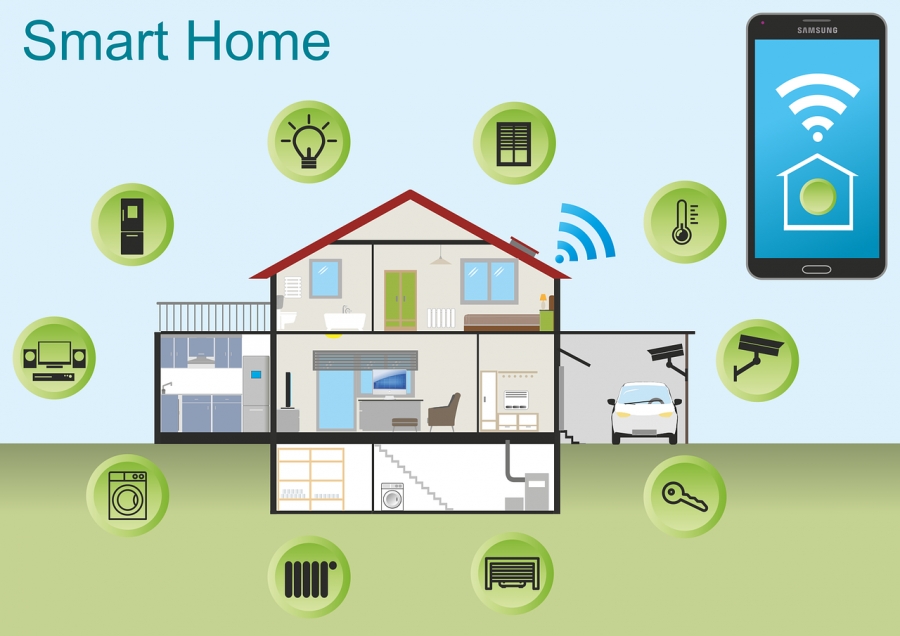Increasing Awareness Amongst Users Regarding Energy Consumption To Boost The Smart Home Market
As per analysts at Zion Market Research, the major growth booster for the smart home market comprises increasing awareness amongst users about energy consumption, rising disposable income in developing nations, growing the aging population, and government programs among others. Apart from this, increasing demand for home healthcare is powering the development of the smart home market. On the other hand, long device replacement cycles and high costs parried with restricted user demand are top challenges curbing the smart home market from shifting to the mass adoption stage from the early-adopter stage.
Nonetheless, new product launches by the market players are increasing the rivalry thereby boosting the development of the smart home market. For example, in August 2018, Philips Hue declared a number of new smart lights driving the development of the global smart home market.
The prominent companies in the smart home market are Siemens AG, Legrand, Ingersoll-Rand plc, Johnson Controls Inc., Acuity Brands, Inc., Schneider Electric SE, United Technologies Corporation, ABB Ltd., Nest Labs, Inc., Samsung Electronics Co., Ltd., Crestron Electronics, and Honeywell International Inc. among others. These players are claimed to augment the global smart home market.
According to the analysts at Zion Market Research, the global smart home market was capitalized at almost USD 24.10 Billion in 2016 and is likely to cross almost USD 53.45 Billion by end of 2022, developing at a CAGR of slightly more than 14.5% from 2017 to 2022.
Light Control Segment To Boost Smart Home Market In The Forecast Period
Segmentation of the smart home market is carried out based on region and product. The products segments in the smart home market are the home healthcare, smart kitchen, HVAC control, lighting control, and others. Light control grabbed the biggest share in the smart home market owing to lowered electricity usage in homes. Lighting sensors regulate the intensity of artificial light as per the natural light intensity, therefore lowering the power usage and boosting the smart home market.
Reduced Carbon Emissions To Drive Smart Home Market In North America
North America grabbed the biggest share of the smart home market owing to the increase in population and rise in the demand of home health care. Europe is one more leading smart home market as it chases North America. Government initiatives in North America comprise remotely controlling power meters, gas, and water to go with ease into the smart grid. Energy & cost saving, aging population, convenience, security, government initiatives, and reduced carbon emissions are the major boosters that are driving the smart home market development in the years to come. The Asia Pacific is also planned to show noteworthy development in the smart home market in years to come.
For More Details, Request PDF Report Brochure: https://www.zionmarketresearch.com/requestbrochure/smart-home-market






